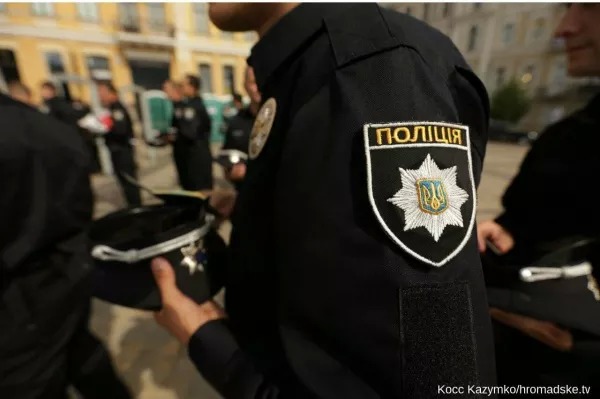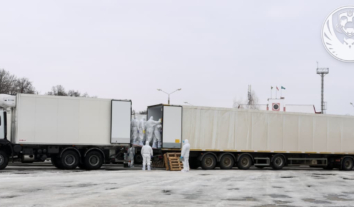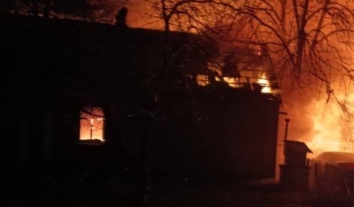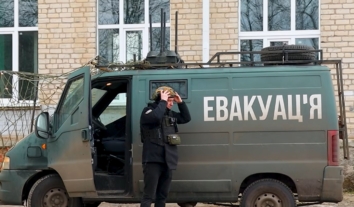European experts criticize Ukraine’s law on national police
The experts are concerned about the health care institutions within the Interior Ministry system, uncertainty in scope of authorities and unclear structure of police units.
Oleksandr Banchuk, expert of the Center for Political and Legal Reforms said this in a commentary to the Yevropeiska Pravda (European Truth) Ukrainian news website.
According to him, the new laws on the national police and on the internal affairs agencies were analyzed by the Council of Europe experts before the adoption, resulting in release of the comments of the Directorate General of Human Rights and Rule of Law of the Council of Europe.
The law of Ukraine on internal affairs agencies had been criticized by European and Ukrainian experts and was subsequently vetoed by the President of Ukraine.
The Law of Ukraine “On the National Police” was recognized as “detailed and comprehensive document, in particular with regard to personnel issues.” However, the European experts provided 29 concerns and recommendations to it.

The experts are concerned about the health care institutions within the Interior Ministry system, uncertainty in scope of authorities and unclear structure of police units. According to the experts, it is necessary to specify the structures, which are the part of the police central governing body. After all, the excessive concentration of power in hands of the head of the national police does not correspond to “the development of democratic culture in the Ukrainian police.”
The experts also drew attention to the fact that not all the positions are appointed on a competitive basis. The Council of Europe recommends that advance in rank and other forms of promotion of police officers are done on a competitive basis.
Saving special military ranks (e.g. generals, colonels, majors, lieutenants) is contrary to the European trend towards civilian character of the police service, the experts argue.
It is noted that the President of Ukraine has “substantial and excessive powers.” In particular, the President may assign the rank of general of police, though he should not have any relation to police as a civilian authority.
Other concerns include the procedure for seizure of property, restrictions on movement, and penetration into private premises. It is also necessary to determine the shelf life of information in police databases (no more than one year for administrative offenses) and to clarify the grounds of document inspection.
The wording of the principles of using firearms by police officers does not always correspond to the rule that they must be used only when there is a threat to life or possibility of serious injury to a policeman or another person. Another problem is permission to use weapons without warning, and the rule that a policeman is allowed to shoot at the lower part of a person’s body to avoid endangering the lives of police officer.
There is a new rule that prohibits the use of water cannons at the air temperature below 10 degrees. However, there is no indication of the maximum possible water flow, influencing the level of damage to people, the European experts say.
Oleksandr Banchuk notes that all these shortcomings had been discussed during preparation of the draft law for the second reading, but the parliamentary majority did not take the position of the Ukrainian experts into account. According to the expert, it is necessary to amend the law on the national in line with the European standards.














